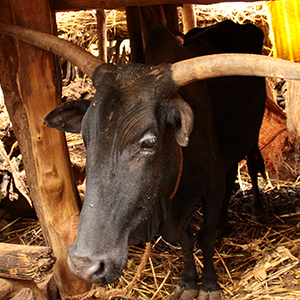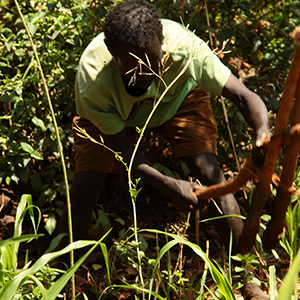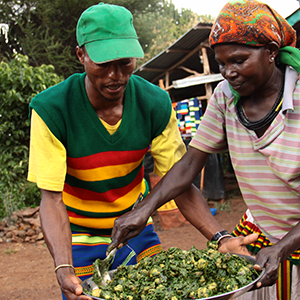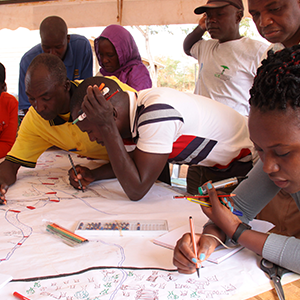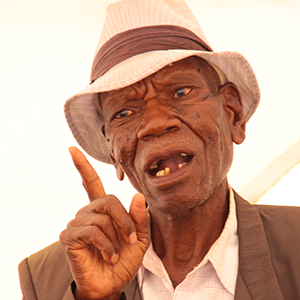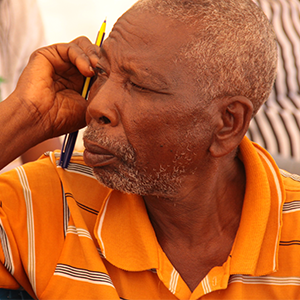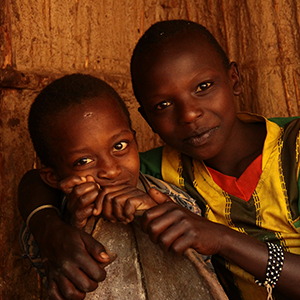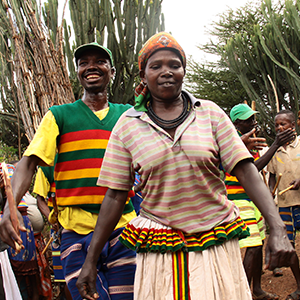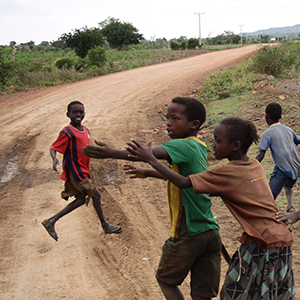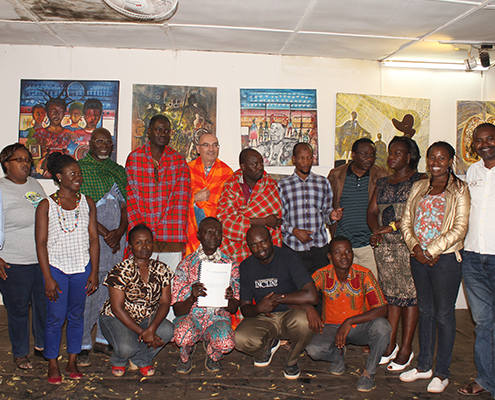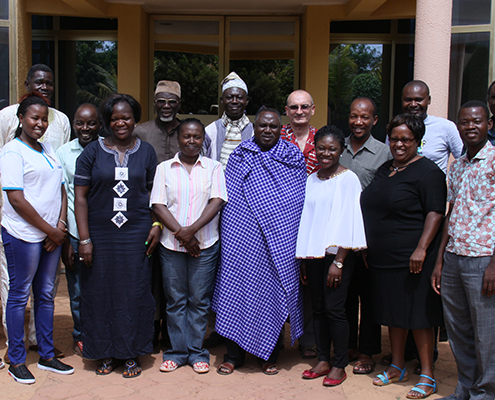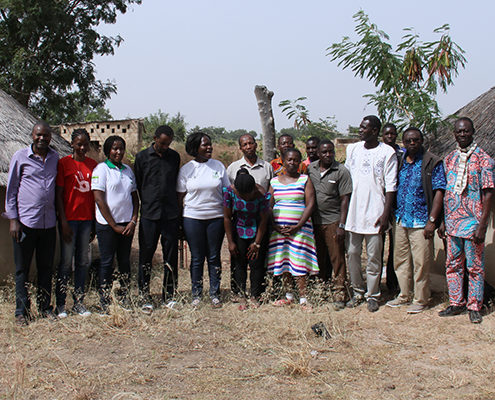Community Seed and Knowledge
One of the common pressures faced by the ABN, and the rural communities with whom the partner organisations work, has been the tremendous push from governments and corporations to use hybrid and increasingly, genetically-modified seeds, which require costly inputs like fertilizers. Such costs are unaffordable to many African farmers especially as they struggle to cope with the affects of more frequent droughts and floods caused by climate change.
Also this “Green Revolution” type approach advocated by corporations harms biodiversity and concentrates the control of agriculture in corporate hands. Community Seed and Knowledge is an innovative ABN programme that responds to this situation and builds climate resilience, through reviving traditional seed diversity. It promotes ecological agriculture and local food sovereignty as the most effective and ethical way to feed the growing population and cope with climate change.
But, most importantly, it focuses on the central role of indigenous, locally-adapted seed and traditional knowledge, especially women’s knowledge.ilds climate resilience, through reviving traditional seed diversity. It promotes ecological agriculture and local food sovereignty as the most effective and ethical way to feed the growing population and cope with climate change. But, most importantly, it focuses on the central role of indigenous, locally-adapted seed and traditional knowledge, especially women’s knowledge.


